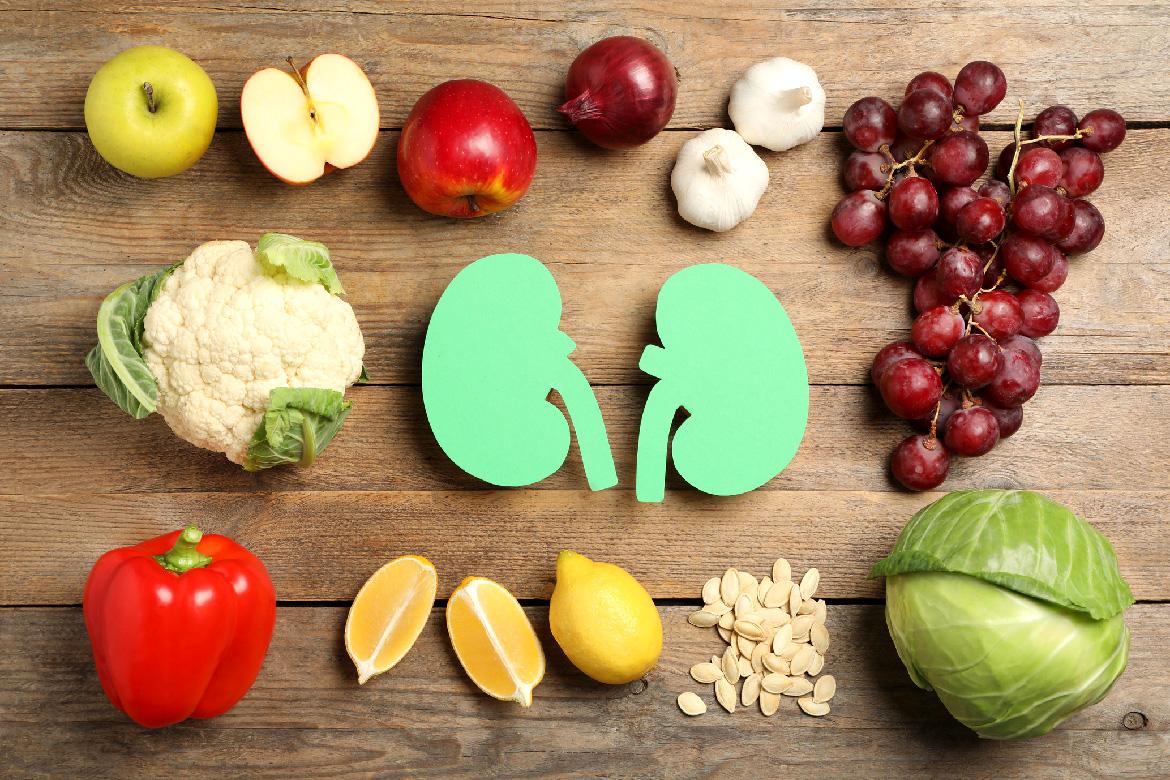Our urologists and nephrologists
Our kidney transplant team involves urology doctors and kidney specialists who are specially trained in meeting the needs of kidney transplant patients. We are dedicated to providing comprehensive care in a compassionate setting.
^Specialists may qualify to be on the Extended Panel (EP). You may enjoy selected panel benefits depending on your policy and riders.





